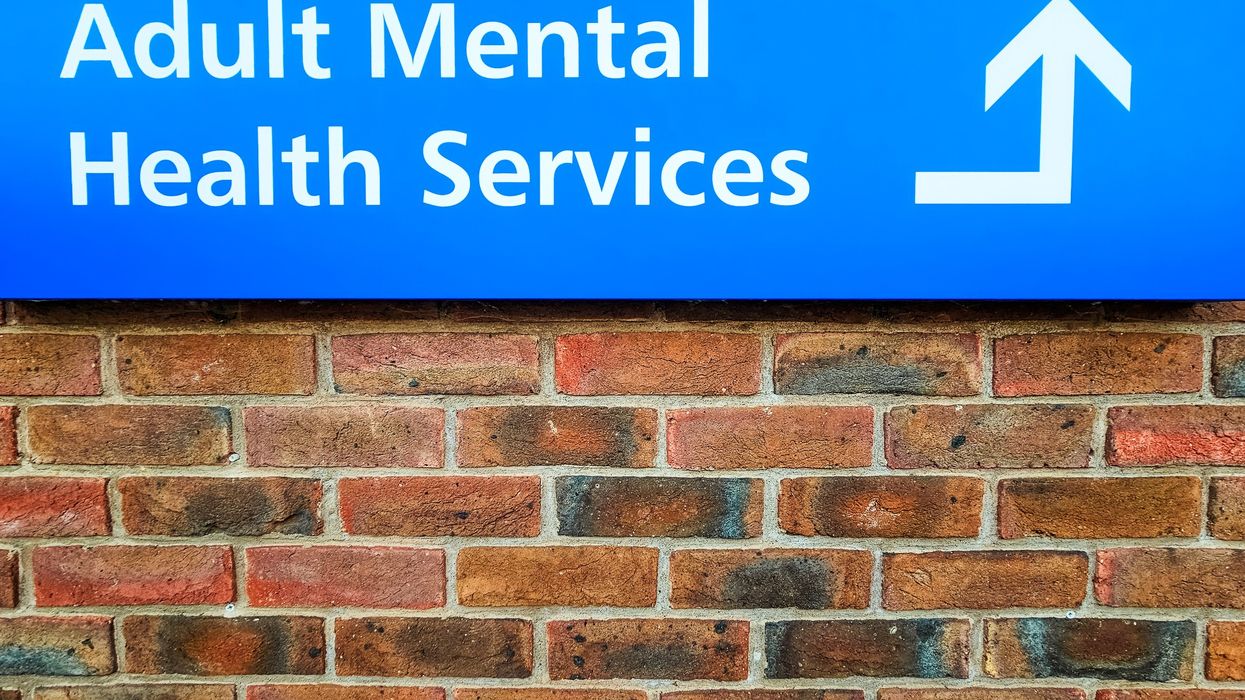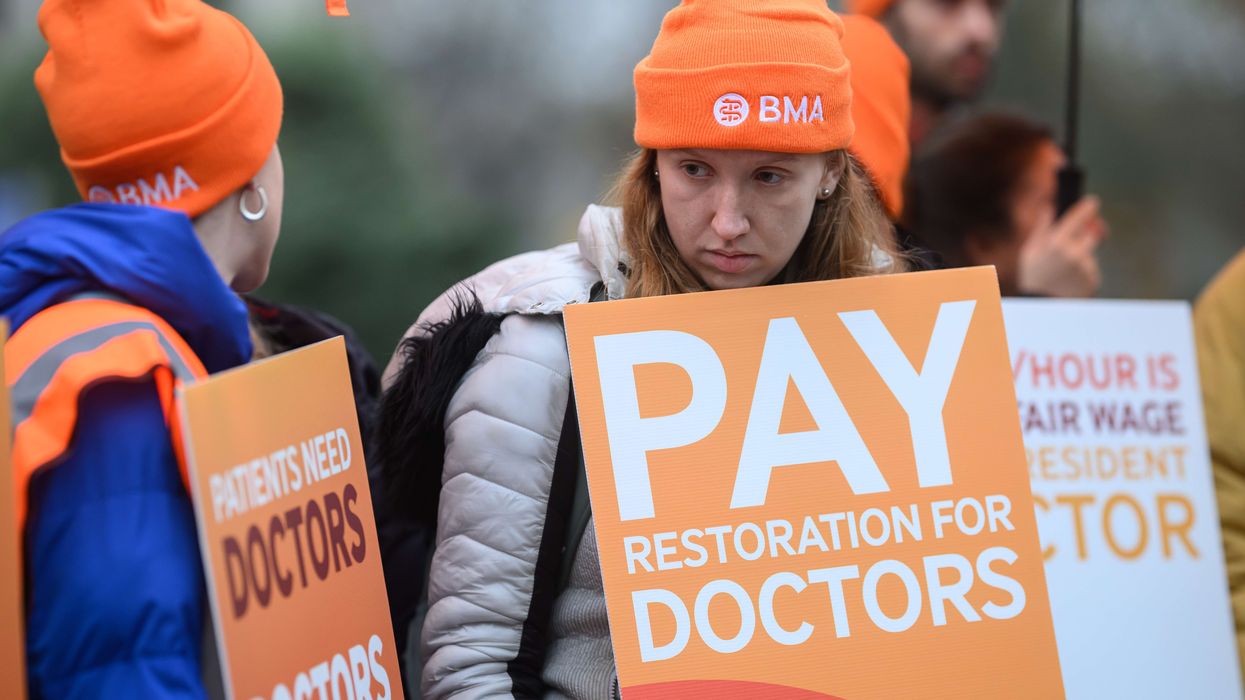Key Summary
- The centre will offer walk-in support for people with mental illness and cater to people residing in Tower Hamlets
- The government plans to open six such centres across the country
- The centre will bring together a range of community mental health services under one roof
- The patients will also be provided advice on employment, housing, or volunteering
The NHS opened its first 24/7 neighbourhood mental health centre in East London on Thursday (17), under the 10-Year Health Plan.
The centre will offer walk-in support for people with mental illness and cater to people residing in Tower Hamlets in East London.
It is the first of the six centres opening around the country and will bring together a range of community mental health services under one roof, including crisis services, community mental health services, and short-stay beds.
People with serious mental illness, such as schizophrenia or bipolar disorder, can walk in without an appointment if they need mental health support, as well as advice on employment, housing, or volunteering.
These centres will be in the heart of communities and staffed by a team that includes psychiatrists, mental health professionals, peer support workers, and voluntary sector staff.
Patients will also benefit from having local authority, voluntary, faith and community sector organisations onsite at the centres, as well as people with lived experience offering support.
NHS England’s National Mental Health director Claire Murdoch said, “We know that for people with serious mental health problems it can be daunting to seek help, and people can be overwhelmed by the different teams they come into contact with."
She observed that this ‘one-stop shop’ approach will help people get the care they need closer to home and at an earlier stage.
“Whether someone needs help with their mental health, housing, or work, they’ll find help in their community, around the clock, and without the need for a referral," she said.
The six neighbourhood centres are being implemented in the following inner city and rural locations. They include Whitehaven (Cumbria), Acomb (York), Heeley (Sheffield), East of Birmingham, Tower Hamlets (London), and Lewisham (London).
All local health systems in England are reviewing how they engage with people with serious mental illness to make sure they’re getting the right support.
Cassandra Geisel, Rethink Mental Illness and Lead of the Tower Hamlets Mental Health Alliance, said: “What people tell us, and what evidence shows, is that the most effective support is wraparound: providing access not only to clinical care and treatment, but also to support with housing, employment, and building social connections."
“These factors can be powerful in preventing relapse and supporting recovery, but when absent, someone’s mental health can significantly worsen," Geisel added.
Welcome step: NHS Confederation
NHS Confederation mental health director Rebecca Gray supported the government's move to shift more care out of hospitals and into the community.
“These centres should interconnect with the models of neighbourhood health being established across the system and the other mental health services announced in the government’s recent ten-year health plan, such as mental health emergency departments and assertive outreach teams," she said.
“We know the needs of adults with severe mental illnesses are not always well met. Through partnerships between the centres, the NHS and the voluntary sector, stronger joined-up care and support for people who have complex clinical and social needs in their own community on a neighbourhood footprint can be provided," Gray said.
She, however, said the NHS will require sustained investment in digital and estates to be more accessible to the people. "Extra capital funding will also be vital to the successful roll-out of these centres,” she added.












